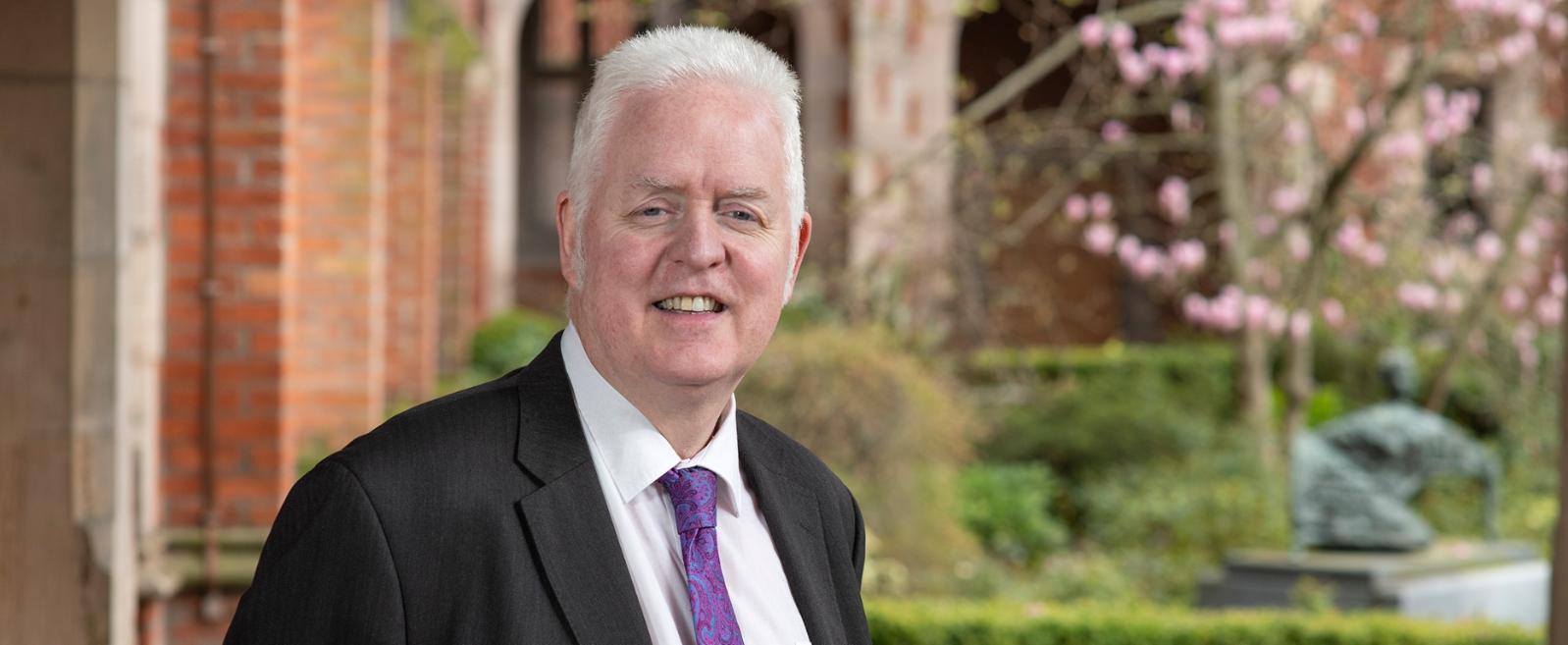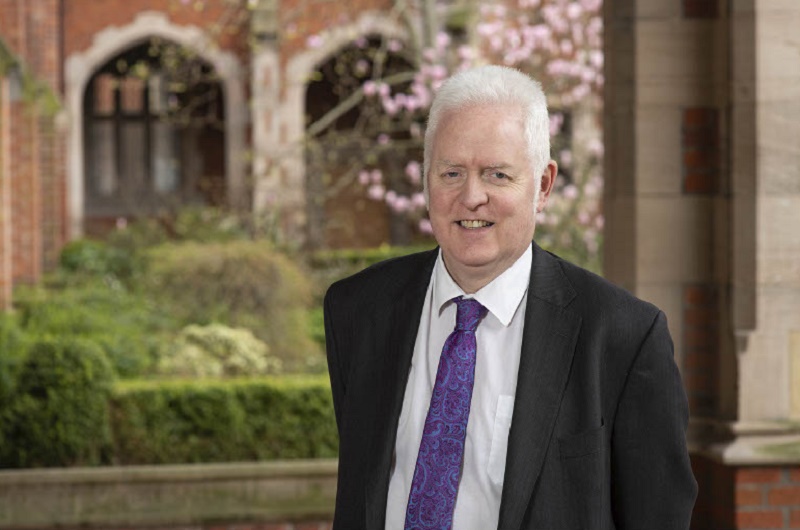Experts warn of European cancer epidemic in the next decade
With an estimated one million cancer diagnoses missed across Europe in the last two years,the impact of the COVID-19 pandemic is predicted to set back European cancer outcomes by almost a decade, finds a report published today in the Lancet Oncology.

The report entitled ‘European Groundshot - addressing Europe’s cancer research challenges: a Lancet Oncology Commission’, is a major re-examination of the present state of European cancer research and its future and was led by Professor Mark Lawler from Queen's University Belfast.
The report emphasises that prioritising cancer research is critical for European countries to deliver more affordable, higher quality, and more equitable cancer care, with patients treated in research-active hospitals having better outcomes than those who are not.
Professor Mark Lawler, Professor of Digital Health, and Chair in Translational Cancer Genomics at Queen’s University Belfast and UK Chair and lead author of the Commission, explains: “With the backdrop of the COVID-19 pandemic, Brexit, and the Russian invasion of Ukraine, it is more important than ever that Europe develops a resilient cancer research landscape to play a transformative role in improving prevention, diagnosis, treatment, and quality-of-life for current and future patients and those living beyond cancer.”
The European Groundshot Commission analysed data on the impact of the COVID-19 pandemic across Europe and found that clinicians saw 1.5 million fewer patients with cancer in the first year of the pandemic, with one in two patients with cancer not receiving surgery or chemotherapy in a timely manner.
Professor Lawler, from Queen’s University adds: "We are now in a race against time to find these missing cancers. Additionally, we saw a chilling effect on cancer research with laboratories shut down and clinical trials delayed or cancelled in the first pandemic wave. We are concerned that Europe is heading towards a cancer epidemic in the next decade if cancer health systems and cancer research are not urgently prioritised. Our European Groundshot Commission provides crucial findings on the current landscape of cancer research, exposes the key gaps, and demands the prioritisation of European cancer research agendas over the next decade.”
Additionally, 100 million cancer screening tests were missed, and it is estimated that up to one million European citizens might have an undiagnosed cancer due to the cancer backlog.
Professor Richard Sullivan, Professor of Cancer and Global Health at King’s College London and a co-author on the report, said: “UK cancer research in the post-Brexit world stands at a crossroads where strategic decisions will determine whether we continue to thrive and partner internationally or whether isolationism will reduce our world standing.”
Professor Lawler concludes: “Gathering data and turning it into cancer intelligence has been our North Star in this Commission. Too often, opinion, even expert opinion, has trumped data in the implementation of cancer research policies. Simply continuing to dedicate resource and effort to a narrow research agenda is no longer desirable or viable: we must follow the data and act on what they reveal.
“We have an unrivalled opportunity to reimagine cancer research and its implementation to achieve our ambitious 70: 35 Vision, an average of 70% 10-year survival for patients treated for cancer in Europe by 2035. Let’s grasp this opportunity.”
Featured Expert

Media
Media inquiries to s.devlin@qub.ac.uk